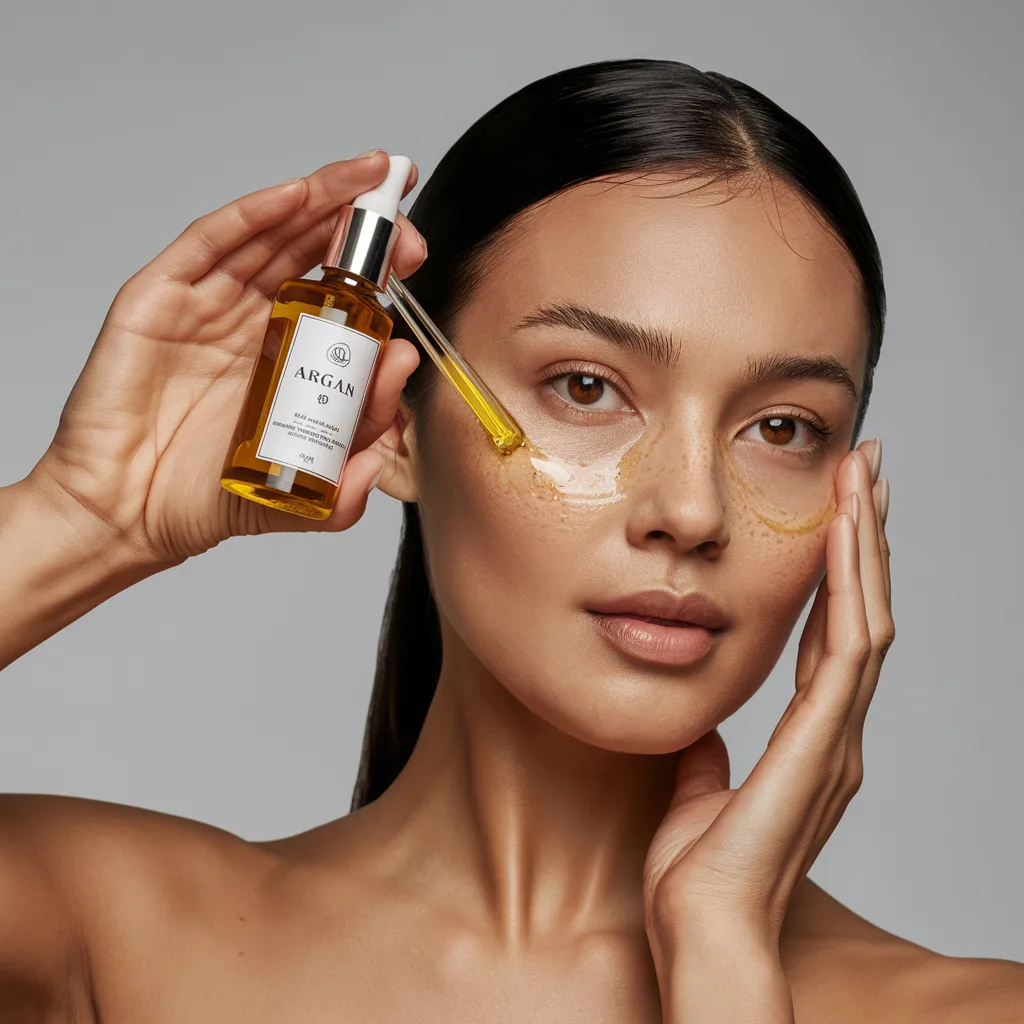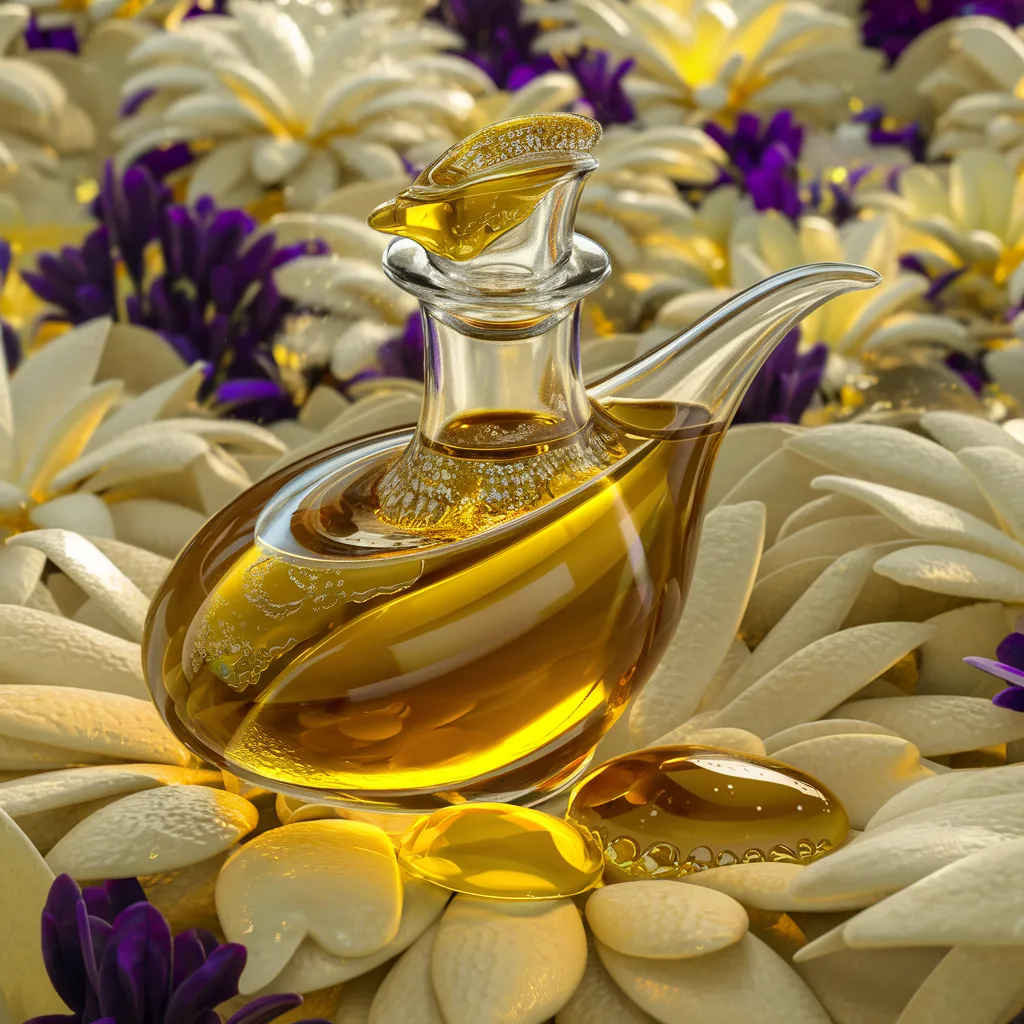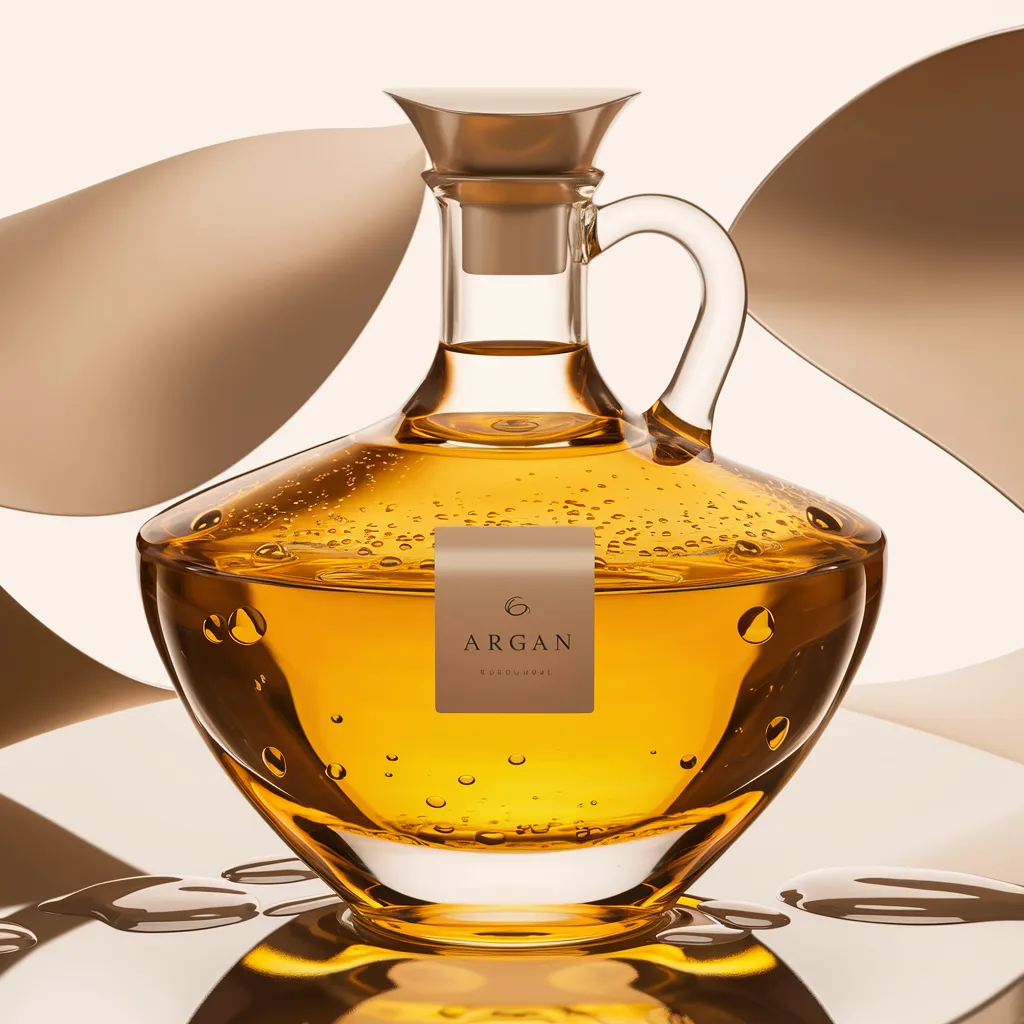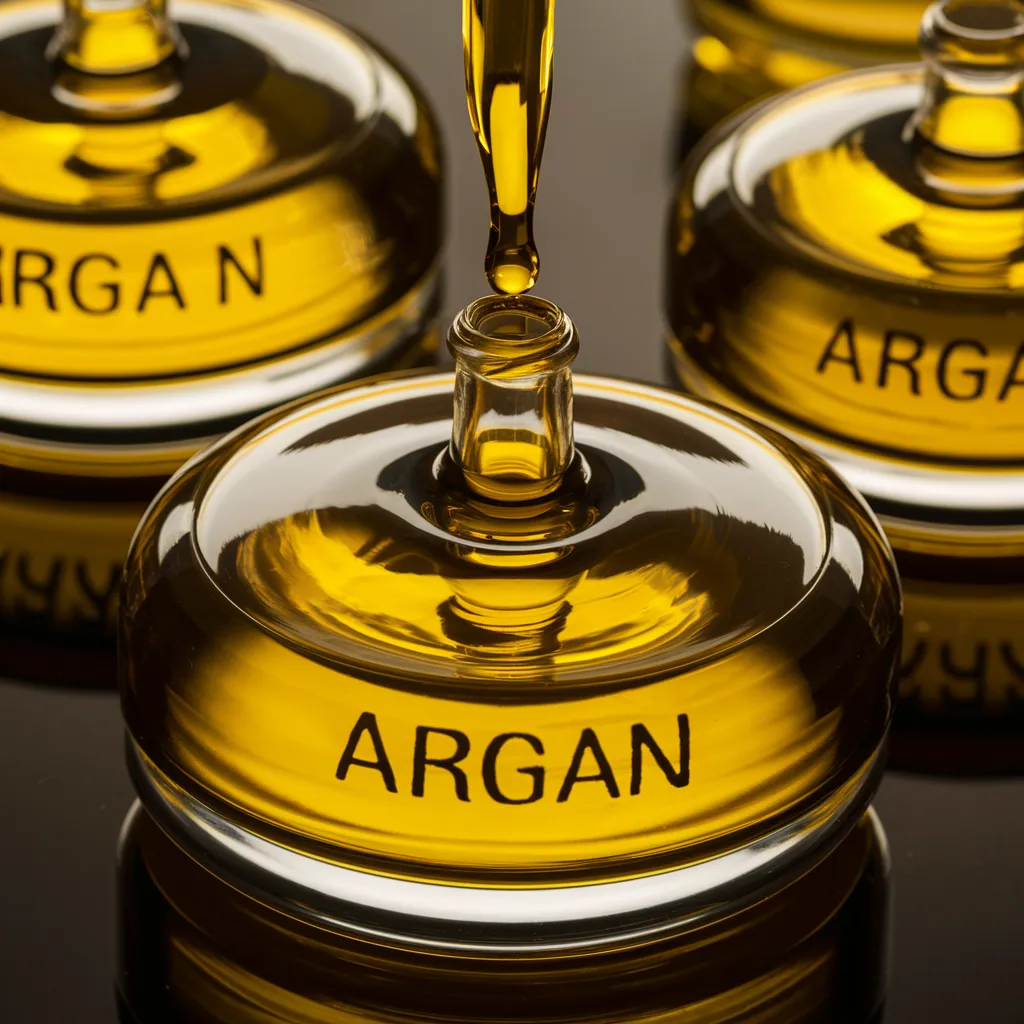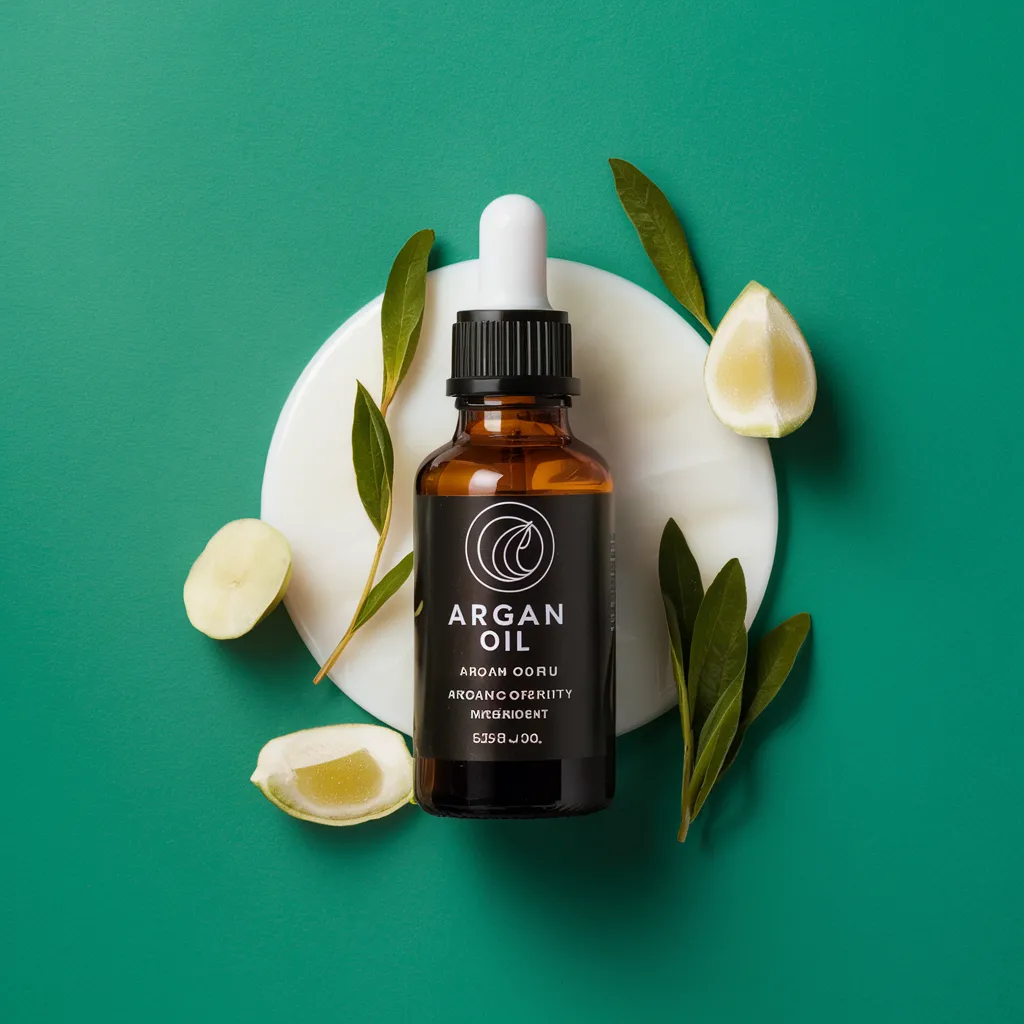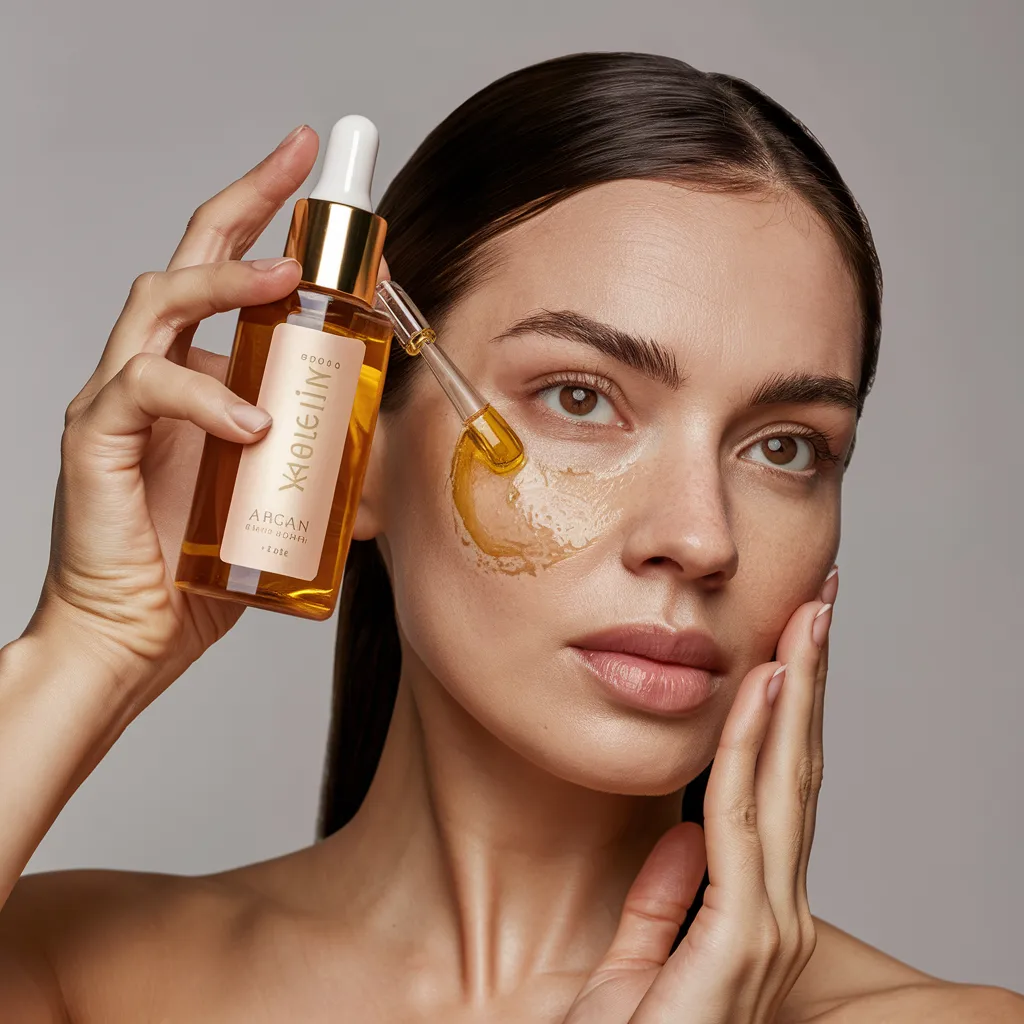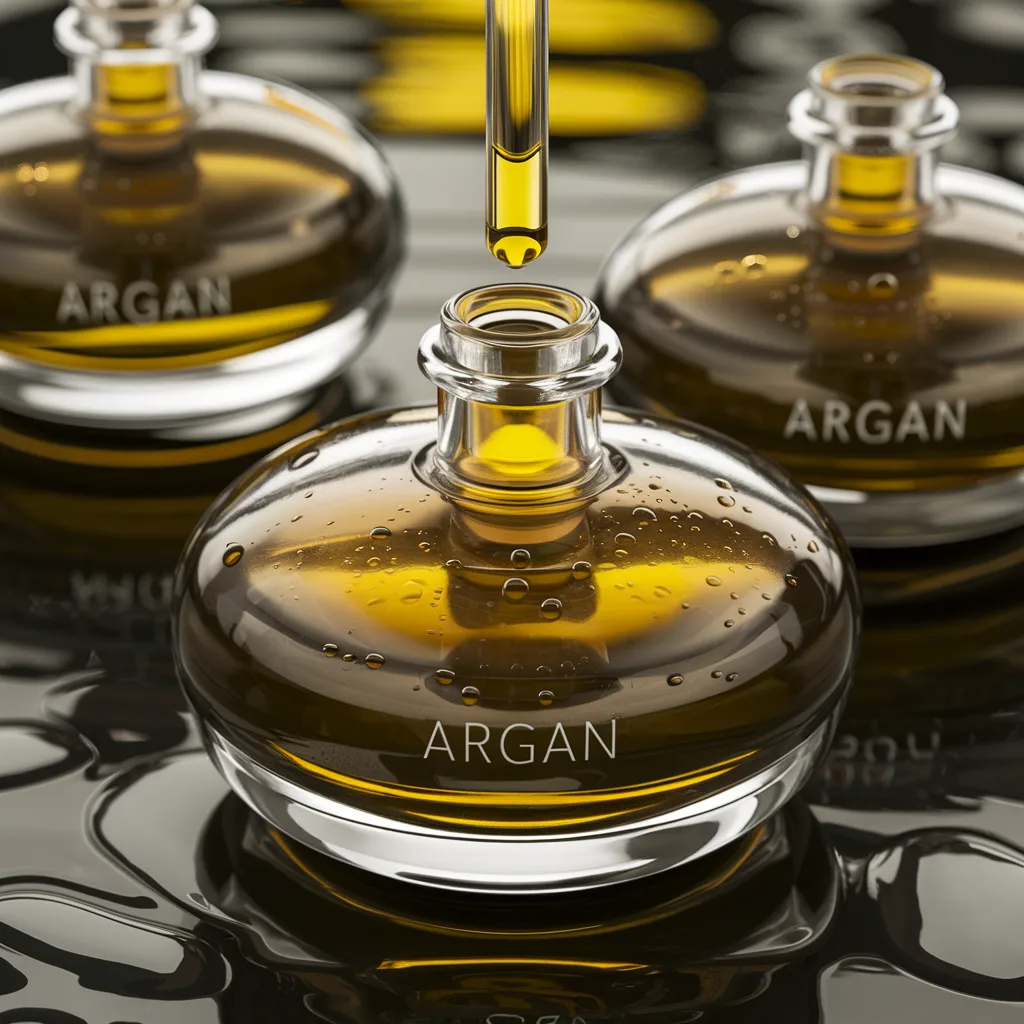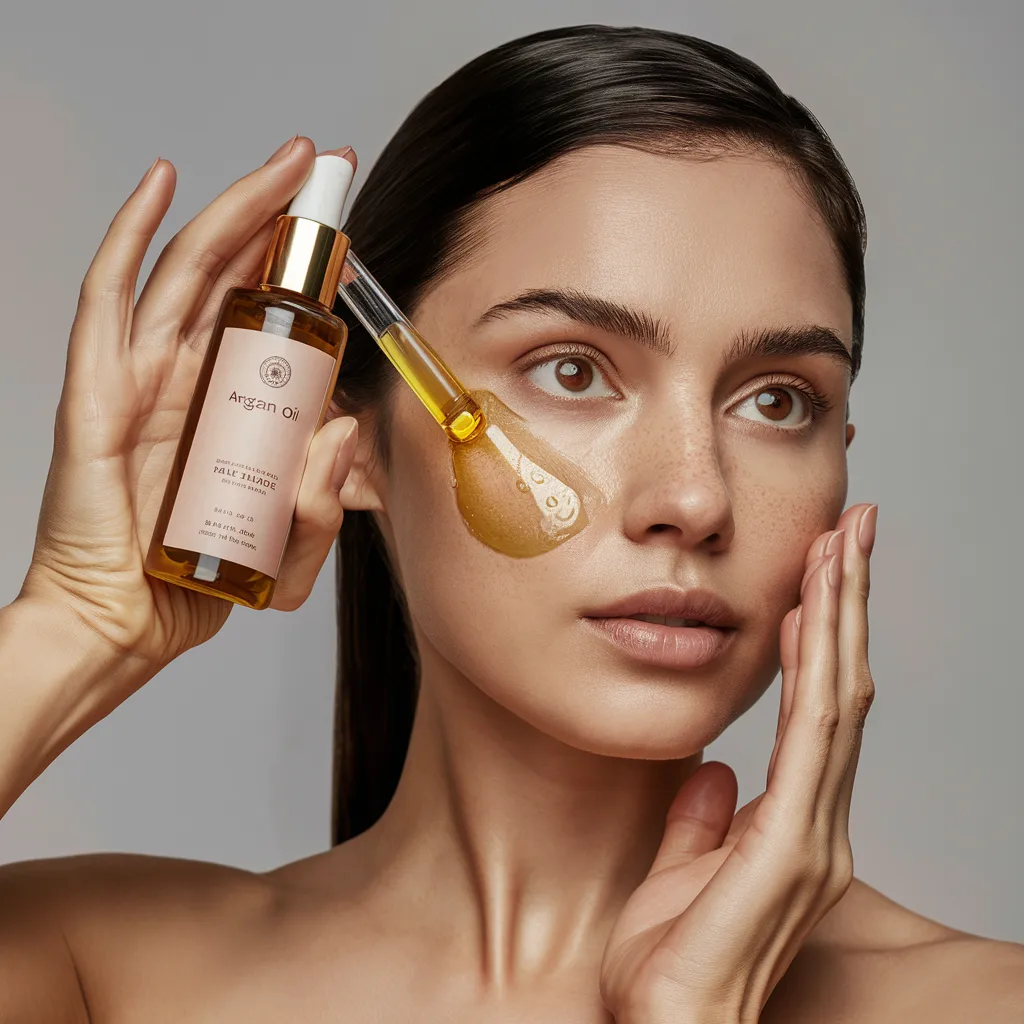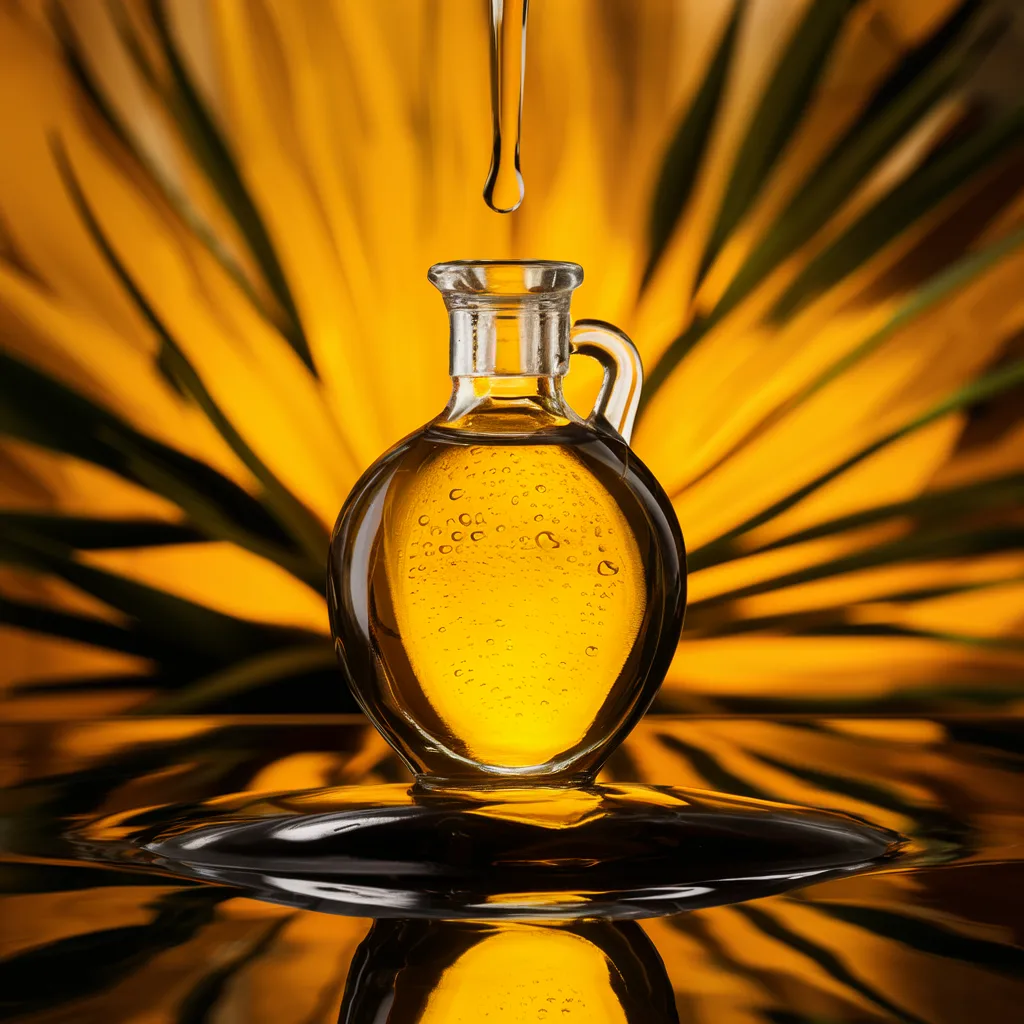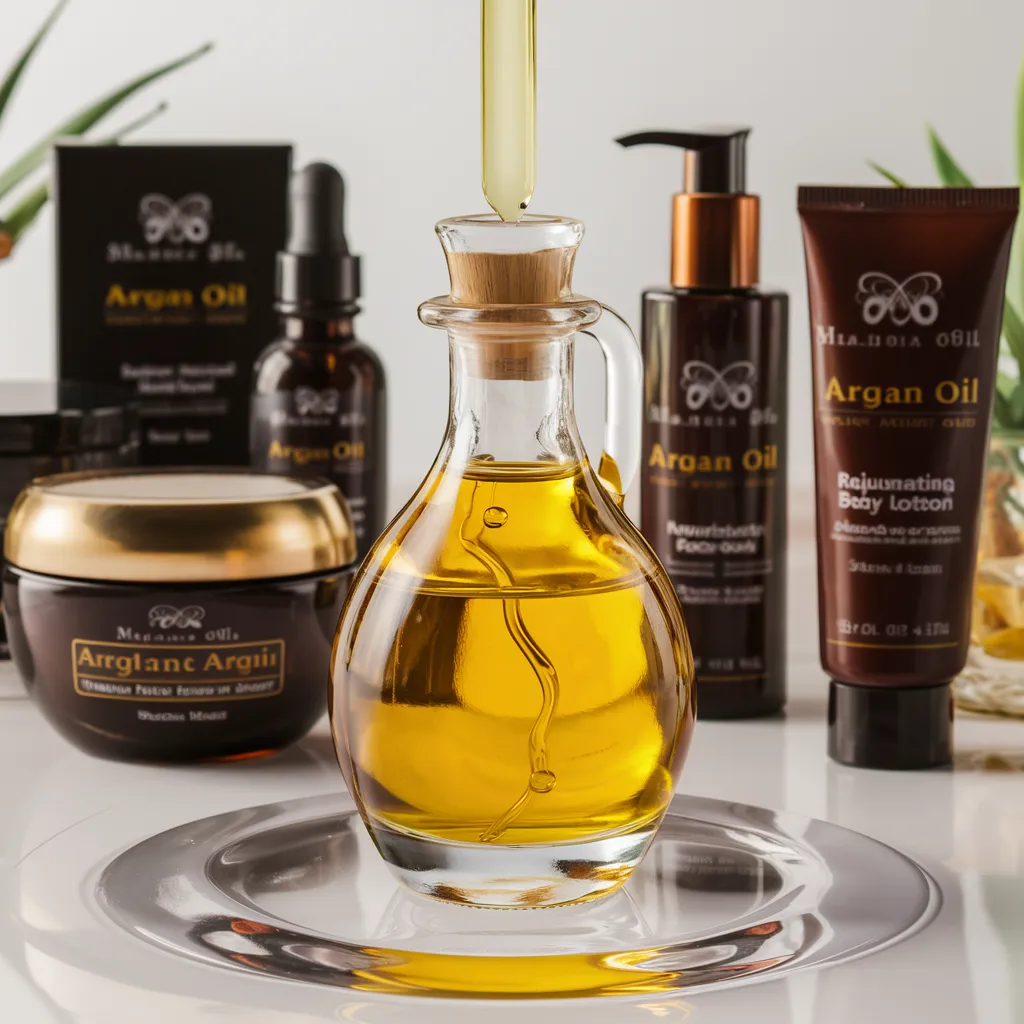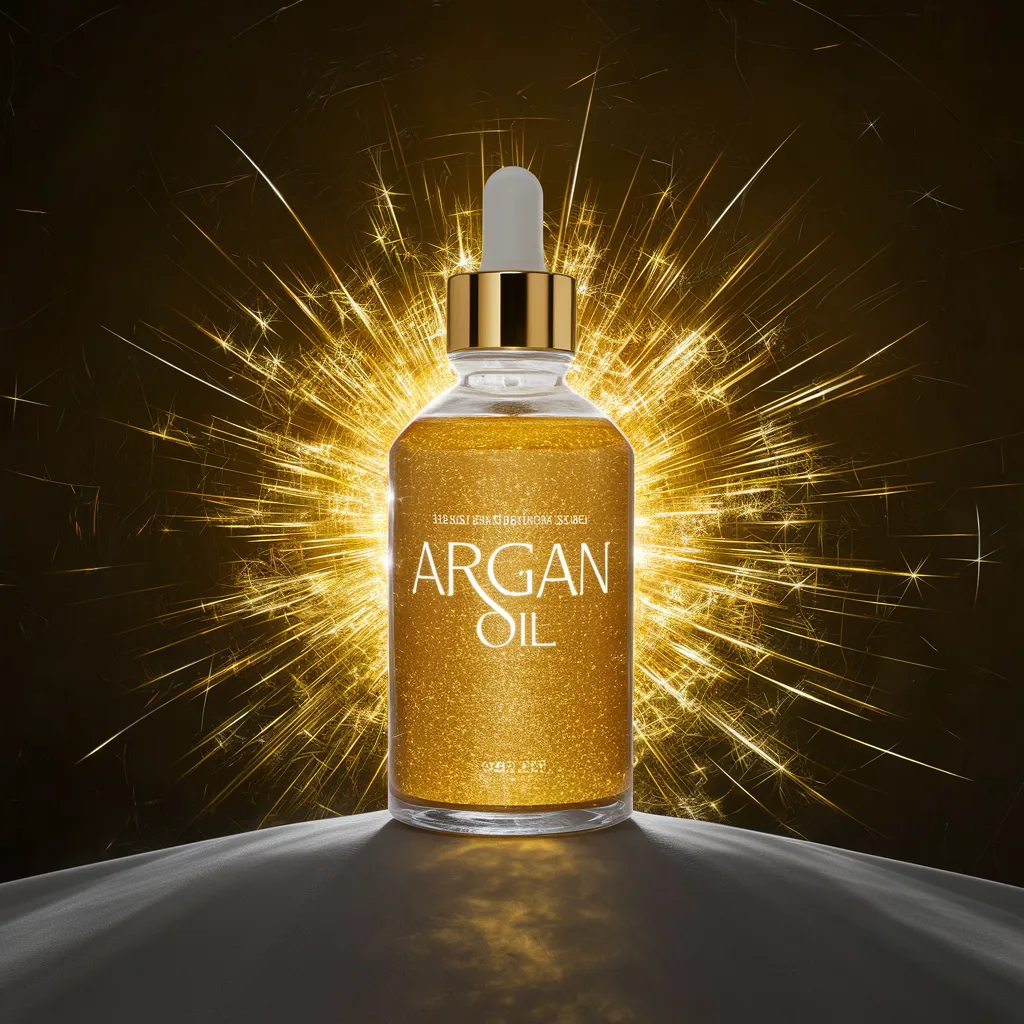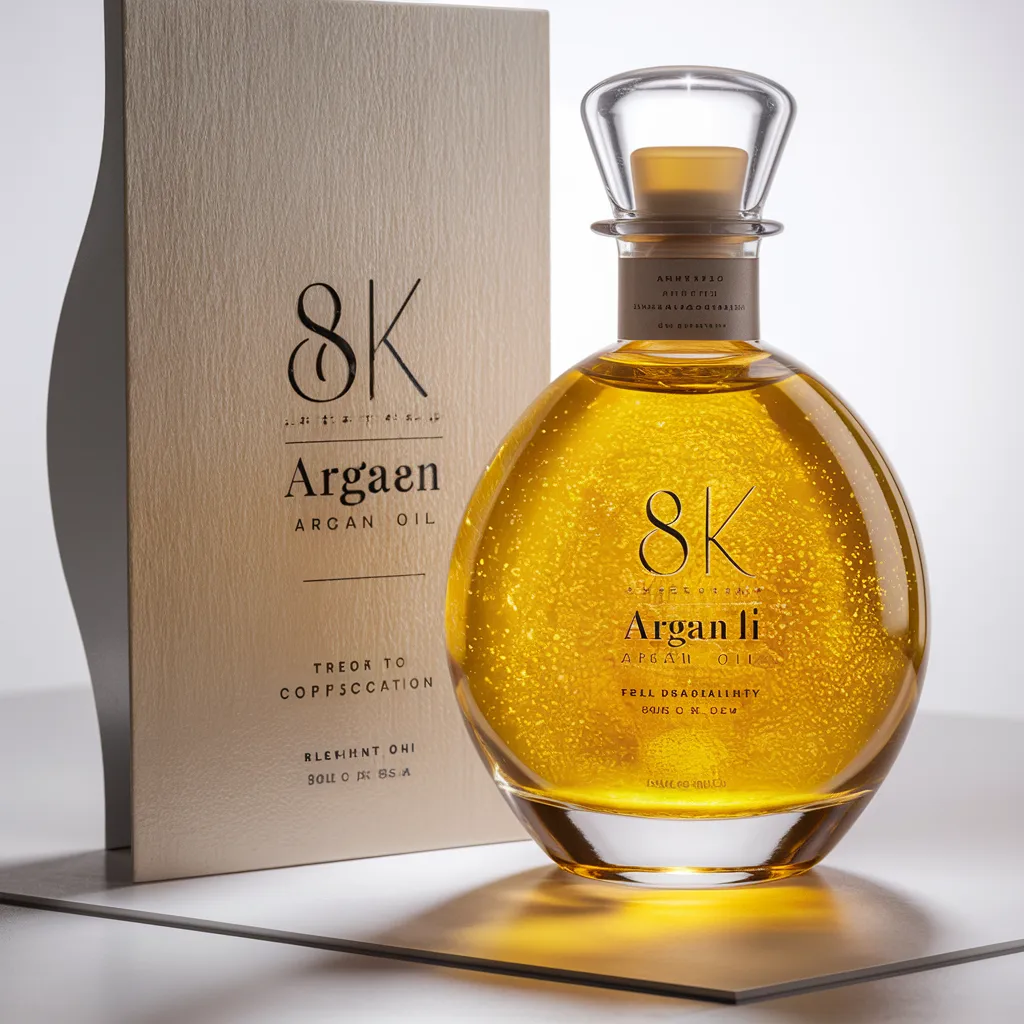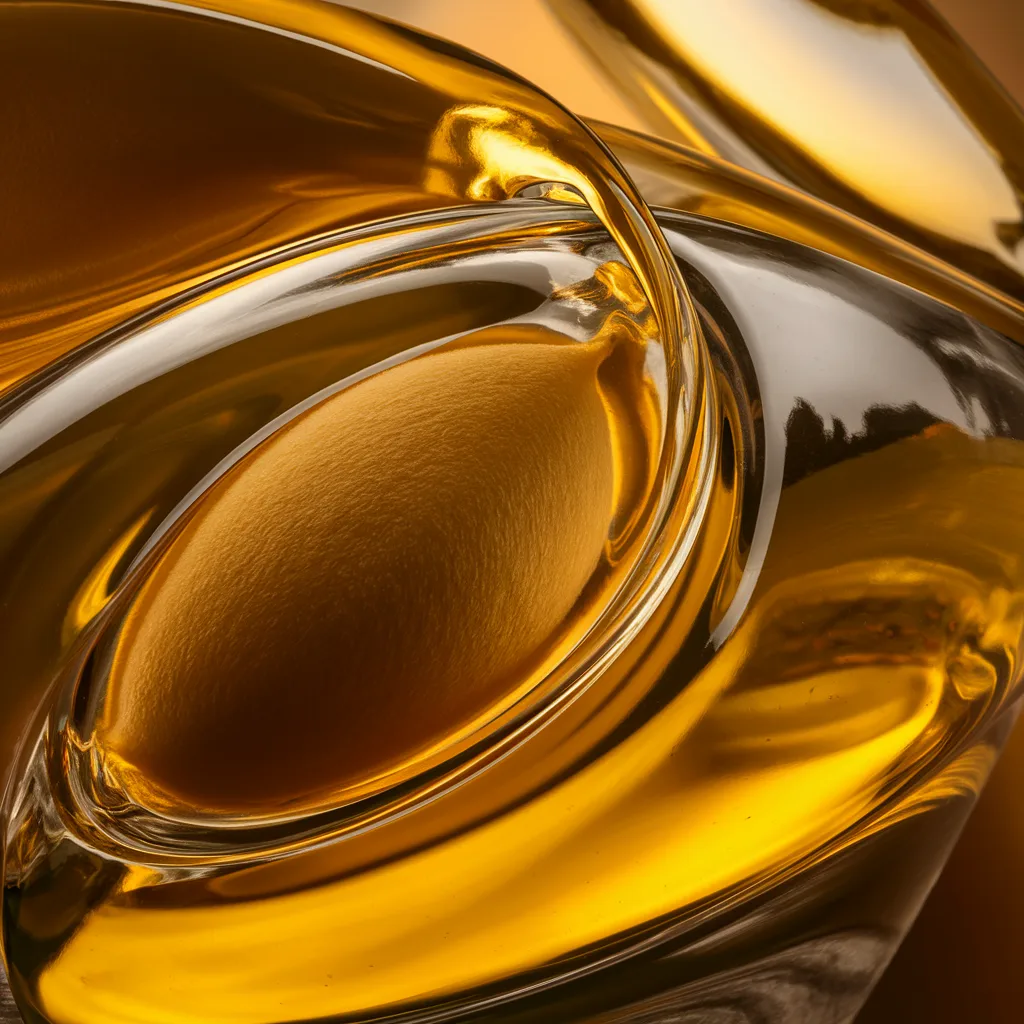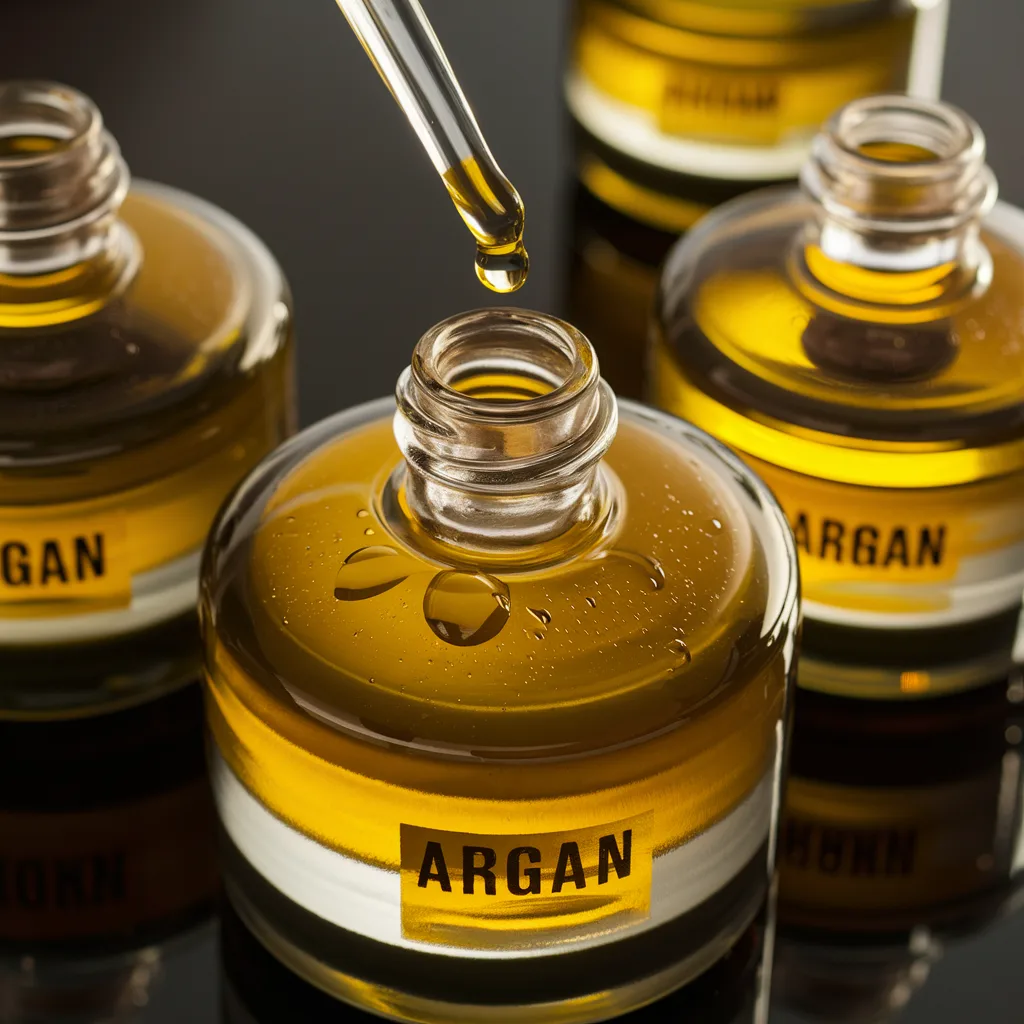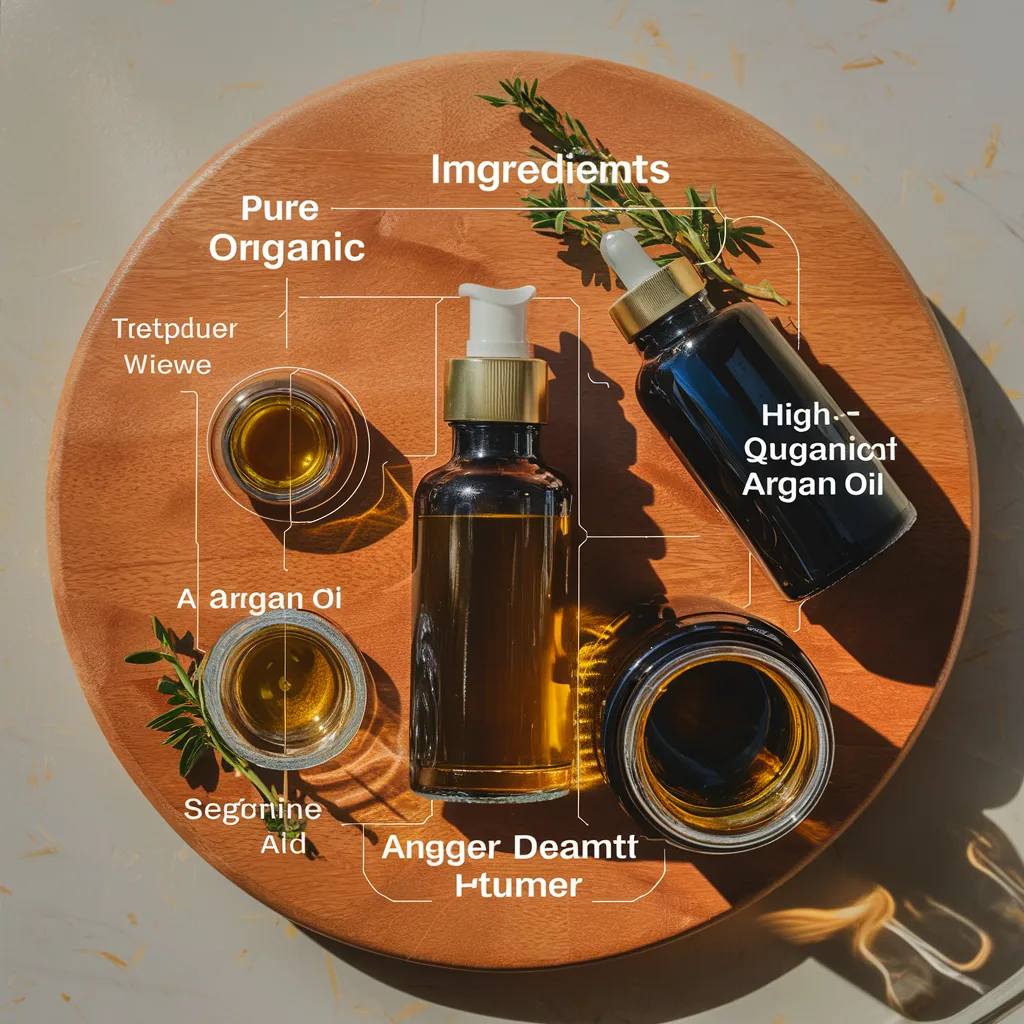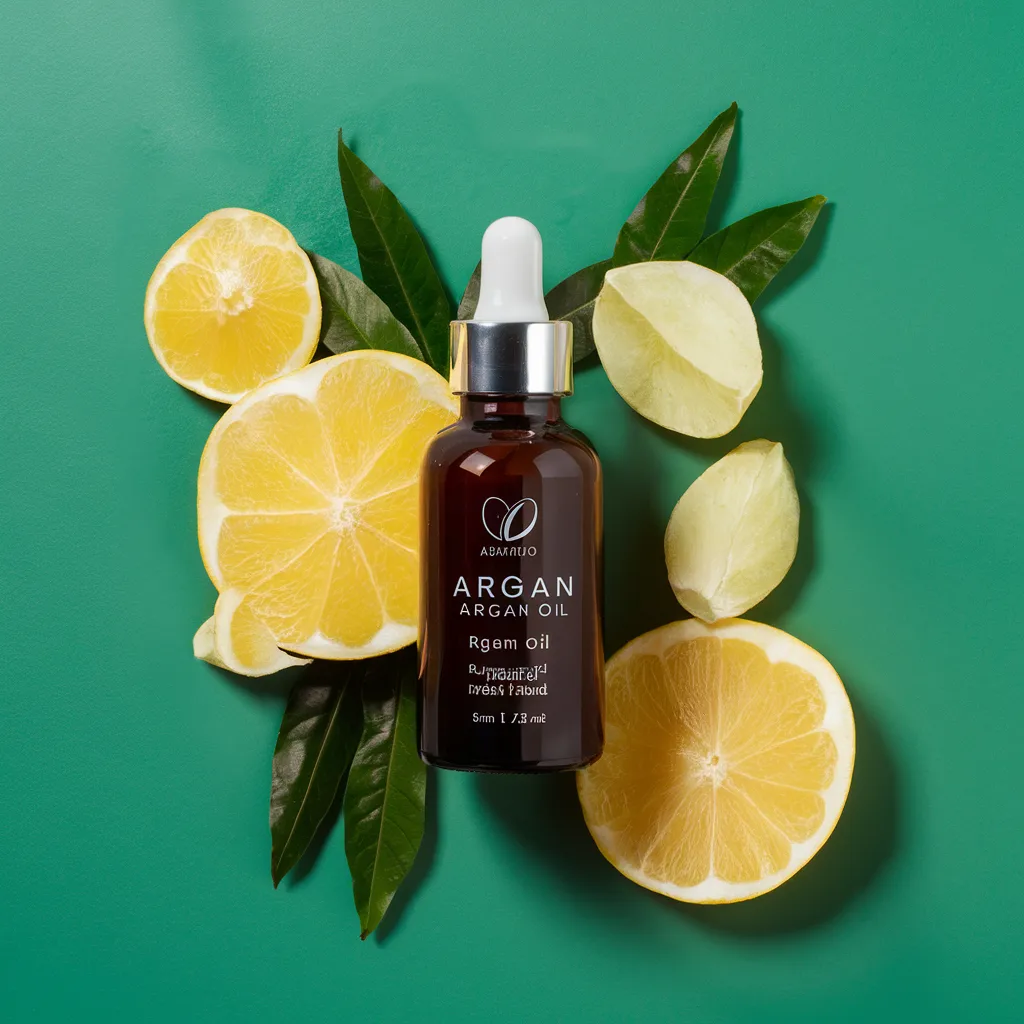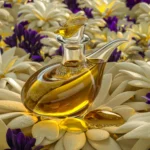This article explores the benefits of argan oil in diminishing acne scars. Discover its nutrient-rich composition, including Vitamin E and essential fatty acids, and learn how it aids skin healing. Find a step-by-step guide for using argan oil, along with potential side effects and tips for sensitive areas.
Acne scars persistently remind one of past breakouts, affecting one’s confidence and self-esteem. Traditional methods like chemical peels, laser therapy, and over-the-counter skincare products have varying degrees of success. Many people now seek more natural alternatives for acne-prone skin.
Enter argan oil, a versatile natural oil renowned for its beneficial properties. Originating from the argan tree in Morocco, the “liquid gold” has gained immense popularity in the skincare world.
Argan oil is rich in Vitamin E and essential fatty acids, making it beneficial if you struggle with acne scars.
Argan Oil FAQ: Answers To Your Frequently Asked Questions
As more people turn to natural oils for their skincare routines, the question arises: Is argan oil good for acne scars? The article explores the potential of argan oil to heal and rejuvenate the skin.
What Are Acne Scars and Why Do They Form?
Acne scars result from inflammation within the dermal layer of the skin.
The scars vary in appearance and severity and are generally categorized into three main types: atrophic, hypertrophic, and keloid.
Atrophic scars are the most common type of body inflammation and are characterized by depressions or indentations in the skin.
The scars occur when there is a loss of tissue.
Hypertrophic scars are raised above the skin level and result from excess collagen production during the healing process.
Keloid scars are a more severe form of hypertrophic scars, extending beyond the original wound site and continuing to grow.
The scars are at times itchy, painful and challenging to treat.
With the rise in popularity of natural oils like argan oil, many are exploring them as skincare alternatives to address their concerns about acne scars.
Origins and Composition of Argan Oil
Argan oil, known as “liquid gold,” hails from the Moroccan argan tree.
For centuries, argan oil has been a staple in Moroccan culture, used for everything, including skin care products.
What makes argan essential oil so beneficial for skincare?
The secret lies in its impressive nutrient profile. Argan oil is packed with Vitamin E, a powerful antioxidant that helps protect and repair the skin.
Vitamin E helps maintain healthy skin and reduces the appearance of acne scars.
Argan oil contains a high concentration of essential fatty acids, including linoleic and oleic acids.
Fatty acids are vital for maintaining the skin’s barrier function and keeping it hydrated.
They help balance oily skin by regulating sebum production, making argan oil suitable for various skin types, from dry skin to acne prone skin.
Argan oil boasts anti-inflammatory properties thanks to its rich blend of antioxidants.
So, if you’re wondering, “Is argan oil good for acne scars?”** The answer is a resounding yes.
The Science behind Argan Oil for acne prone skin
Argan oil’s healing properties are attributed to its rich blend of nutrients and compounds that are beneficial for the skin.
Let’s dive into how argan oil works its magic, particularly on acne scars.
Vitamin E plays a role in the repair and regeneration of the skin.
The vitamin is a powerful antioxidant that helps neutralize free radicals, which damage skin cells and slow down the healing process.
Argan oil is rich in essential fatty acids, such as linoleic and oleic acids.
Fatty acids are vital for maintaining the skin’s barrier function and retaining moisture. They help repair damaged skin, making it smoother and more resilient.
But what does the science say? Several studies have highlighted the effectiveness of argan oil in skincare.
Research has shown that argan oil has the potential to improve skin elasticity and hydration.
A study published in the Journal of Cosmetic Dermatology found that topically applied argan oil reduced sebum production and improved the appearance of oily skin and acne lesions.
The combination of Vitamin E, essential fatty acids, and antioxidants in argan oil creates a synergistic effect that enhances its healing capabilities.
Step-by-Step Guide to Using Argan Oil for Acne Scars
Selecting the Right Argan Oil
To achieve the best results with argan oil for acne scars, you need to choose high-quality oil.
Look for pure, cold-pressed, and organic argan oil. Cold-pressed oil retains more of the beneficial nutrients, ensuring maximum potency.
Application Techniques and Tips
Cleanse Your Skin: Start by washing your face with a gentle face wash suitable for acne-prone skin.
Pat your skin dry with a clean towel.
Apply Argan Oil: Dispense a few drops of argan oil onto your fingertips.
Gently warm the oil by rubbing your hands together. Apply the oil to your face, focusing on areas with acne scars.
Massage: Use gentle, circular motions to massage the oil into your skin.
Combine with Other Treatments: consider using argan oil alone or in combination with other skincare products.
For example, mix a drop of argan oil with your favorite moisturizer or serum.
Spot Treatment: For targeted treatment, apply a small amount of argan oil directly to the acne scars and massage gently.
Recommended Frequency and Timing
Frequency: For best results, use argan oil twice daily—once in the morning and once at night. Consistency is key to seeing improvement in the appearance of acne scars.
Timing: Incorporate argan oil into your nightly routine, as this is when your skin undergoes its natural repair process.
How does argan oil help with acne scars?
Argan oil helps with acne scars primarily due to its rich composition of Vitamin E, essential fatty acids, and antioxidants.
Vitamin E promotes skin repair and regeneration by accelerating cell turnover, which aids in fading scars.
The essential fatty acids in argan oil help to moisturize and heal the skin, improving its elasticity and texture.
The anti-inflammatory properties of argan oil reduce redness and irritation.
Is argan oil effective for all types of acne scars?
Argan oil is effective for various types of acne scars. Its efficacy varies depending on the severity and type of scars.
For atrophic scars like ice pick, boxcar, and rolling scars, argan oil’s moisturizing properties and Vitamin E content help improve skin texture and promote healing.
However, hypertrophic and keloid scars result from excess collagen production.
As a result, argan oil is limited in effectiveness compared to other treatments like silicone sheets or corticosteroid injections.
How long does it take to see results when using argan oil for acne scars?
The time it takes to see results when using argan oil for acne scars varies from person to person.
It depends on factors like the severity of the scars and individual skin characteristics.
Generally, some people start noticing improvements in the texture and appearance of their scars within a few weeks of consistent use. Others take longer to see noticeable changes.
Are there any potential side effects or risks associated with using argan oil for acne scars?
For pure, organic oil argan oil for acne scars, there are generally few side effects or risks associated.
Individuals with oily skin may want to monitor their skin’s reaction. If you have acne-prone skin, patch-test the oil before usage.
Can argan oil be used as a preventative measure to minimize scarring from new acne breakouts?
Yes, argan face oil can be used as a preventative measure to minimize scarring from new acne breakouts.
Its rich nutrient profile, including Vitamin E and essential fatty acids, helps promote skin regeneration and healing.
Argan oil’s anti-inflammatory properties help calm redness and irritation associated with acne.
Can argan oil be used to treat acne scars on sensitive or delicate areas, such as around the eyes or mouth?
Yes, you can use argan oil to treat acne scars on sensitive or delicate areas, such as around the eyes or mouth.
Its gentle and nourishing properties make it suitable for use on sensitive skin.
The oil provides hydration and healing without causing irritation.
Use a small amount and gently massage it into the skin using light, circular motions.
Pure and organic argan oil is preferable.
Cold pressed argan oil contains no added fragrances or harsh ingredients, so it does not irritate delicate skin or clog pores.
Tag:
argan oil acne

I’m a devoted organic skincare enthusiast, passionate about the natural, wholesome goodness that organic products bring to our skin.
Organic skincare isn’t just a hobby for me—it’s a lifestyle. Every product I use, recommend, and write about has been carefully chosen for its purity and effectiveness. Everything I write about is backed by scientific studies, dermatologists’ opinions, and user experiences.
I also excel at tackling skincare challenges with innovative, organic solutions.
